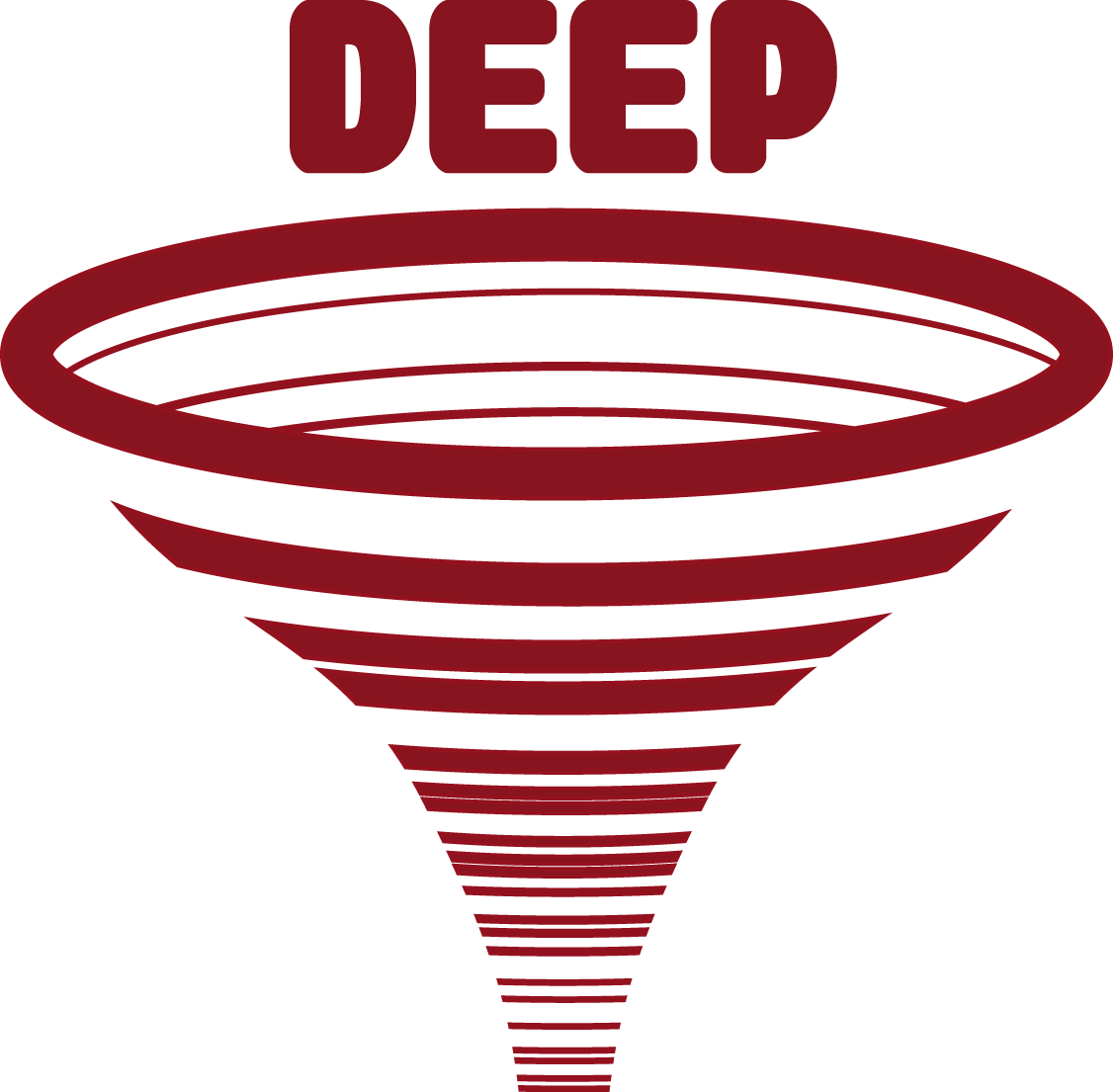We all need bridges to get us from places and things we know to places and things we have yet to discover. If we jump too far too fast, the "new" will feel foreign, alien, weird. But with the right bridge, the "new" will feel enlightening, exciting, and stimulating.
When I was a kid, growing up on classic rock radio, I needed exactly this kind of bridge to bring me into the then-exploding world of "alternative" rock. The artists that did it for me were bands such as Soundgarden, who were deeply steeped in the wailing heavy rock of Led Zeppelin, Fishbone, who grooved with the spirits of Sly & the Family Stone, and Primus, who mutated the Prog rock of Rush and King Crimson into their idiosyncratic concoction.
The Beatles are also instructive of this principle. They explored and experimented so widely, they provided for many people who had only been exposed to pop music the bridge to the exotic shores of psychedelia in "Tomorrow Never Knows," to the concept album of Sgt. Pepper's Lonely Hearts Club Band, to the chamber/orchestral arrangements of "Eleanor Rigby," to the heavy rock of "Helter Skelter," to the avant-garde of "Revolution #9," even to the very idea of Rock 'N Roll, itself.
This little video describes how an early 20th Century industrial engineer, Raymond Loewy, began to theorize about this bridge concept through a formulation he called "Most Advanced Yet Accessible," or "MAYA." The idea is that people like things that are as out-there as possible while still being recognizable. Loewy figured that one way to help achieve MAYA is by bridging people from the familiar to the increasingly "new."
I always try to do the same with all of my programming and curatorial (though I haven't always had Loewy's terminology to describe it). By inserting quirky, off center (but fun and often funky!) pieces of Prog Rock, Swedish psych, TV themes, groovy instrumentals, Thai funk, Ethiopian jazz, French and Brazilian pop, Basque folk, or whatever, within environments of more familiar rock, pop, and soul, I hope to spark the delight of discovering something "most advanced yet accessible," pushing listeners' boundaries without anyone realizing it but enjoying the trip all the same. To me, when it's working right, that is what's "cool."
